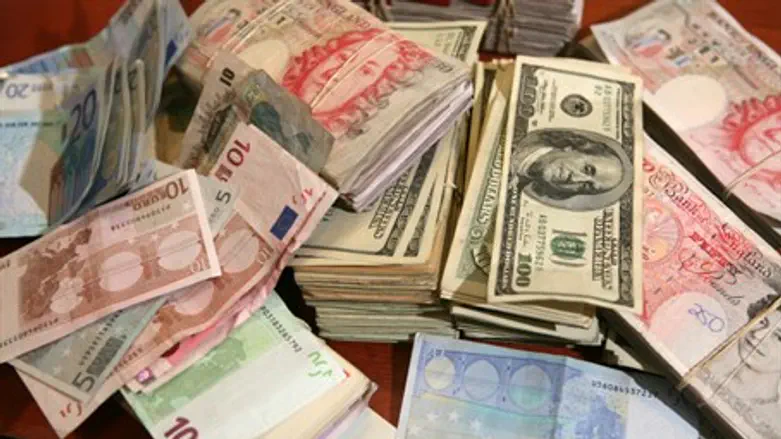
Compared to where we were seven-eight years ago, people tend to feel pretty good about their economic situation. This is particularly true for those invested in the stock and real estate markets.
It is unfortunate that relatively good times blind us to the dangers ahead. Bliss does not last forever. Look at history and you’ll see that stocks have cycles and real estate markets have cycles, in which old players get wiped out and new players take over.
Now is the time for us to step back and reevaluate, instead of just continuing to go with the flow – and remaining exposed to potentially devastating losses. The economy is now floating along without much support, and any rocking of the boat may sink it.
Beyond natural economic cycles, there are world events that have enormous impact on the economy. For instance, most amongst us do not know or care about the word “Brexit,” in which Britons will decide whether to remain part of the European Union (EU). The Brexit referendum is on Thursday, June 23rd, and this could portend serious trouble for the global economy.
Let's take a close look at some of the fundamentals of our economy.
The global stock market is now in its longest bull run in history, which began in March 2009. Wall Street's peak was reached over a year ago; the indexes have leveled off; profit growth has slumped; and companies are reluctant to reinvest their record cash piles.
So far this year, European stocks are down 13%, Japan stocks are down 20%, and Wall Street indexes are flat. With these fundamentals, could the global economy weather the political, economic and investment upheaval that would result from Britain leaving the EU?
I’m not so sure that it can.
Whether Britain is part of the EU affects everything from trade and immigration to government policy on virtually all issues. The U.S. economy is very exposed to commerce in Europe, which would be significantly affected by the Brexit vote. The fact that the British are entertaining exiting the Euro - even if they ultimately remain - shows a weakness in trust and trade with its partners, and suggests that the Euro is not as valuable as the markets currently assume. All of a sudden, the European economy doesn’t look so strong. This is in addition to the uncertainty we have here at home in the US, such as terrorism, weak employment data, and a rocky election season.
A downfall in the European economy could cause huge ripple effects across the Atlantic. American exports can be badly hurt. A rush by investors towards the dollar as a safe haven can cause our currency value to skyrocket, making our products too expensive to export. A stronger dollar also risks weakening oil prices, which can bring major North American companies to the brink of bankruptcy. Banks and other financial companies are highly invested in oil as well, and can be adversely affected.
The effects of any combination of these factors can be devastating. Last summer, we saw the Dow fall 1,000 points in one day due to concern over economic woes in China. Let’s not forget the volatile fluctuations we saw when the Greek debt crisis and bailout were at the forefront.
Our economy is not only around its peak and vulnerable. There also isn't much weaponry left to boost it if it falls. Particularly, interest rates are at record lows for a while now. You don’t have the fallback of reducing them to stimulate growth. If rates are raised, many investments, especially in real estate, that were made banking on these low rates, can collapse. Investors know this; the panic and selloff during a downturn could be huge.
This isn't about making doomsday predictions, but rather opening eyes to the realities already here, albeit at a more modest degree. The markets have already softened, with travel stocks – typically early indicators of a weak economy - drastically down. For instance, American Airlines stock is down almost 50% from its 2015 peak, even as oil is at an all-time low.
Apple, which was the largest company in the world a year ago and seemed unstoppable, is showing weakness due to China and declining sales.
No one can know exactly how economic events will play out over the upcoming months. Nevertheless, regardless of whether Britons vote on Thursday to exit or to remain, we should not take our economic security for granted. Both individuals in our community and the community at large would be wise to plan wisely, so that we all have the necessary strategies and resources available in case of major transformations.
May Hashem continue providing us with all our needs.
Duvi Honig is the founder and CEO of J Biz Expo/Orthodox Jewish Chamber